
This Summer’s Extreme Weather Explained: Flash Floods and Corn Sweat
Extreme weather is front-page news. But what are the phenomena behind the headlines?
Andrea Thompson is a senior editor covering the environment, energy and earth sciences. She has been covering these issues for 16 years. Prior to joining Scientific American, she was a senior writer covering climate science at Climate Central and a reporter and editor at Live Science, where she primarily covered earth science and the environment. She has moderated panels, including as part of the United Nations Sustainable Development Media Zone, and appeared in radio and television interviews on major networks. She holds a graduate degree in science, health and environmental reporting from New York University, as well as a B.S. and an M.S. in atmospheric chemistry from the Georgia Institute of Technology. Follow Thompson on Bluesky @andreatweather.bsky.social

This Summer’s Extreme Weather Explained: Flash Floods and Corn Sweat
Extreme weather is front-page news. But what are the phenomena behind the headlines?
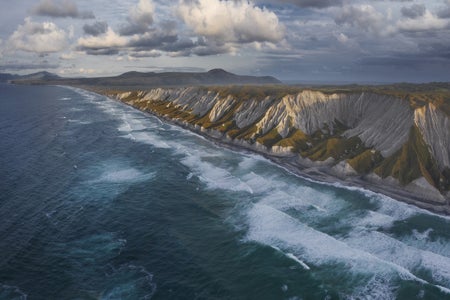
Tsunami Warnings Issued after Magnitude 8.8 Earthquake Strikes off Russian Coast
Tsunami warnings and advisories were issues around the Pacific Ocean after a magnitude 8.8 earthquake struck off the coast of Russia, the largest earthquake since the 2011 earthquake and resulting tsunami in Japan
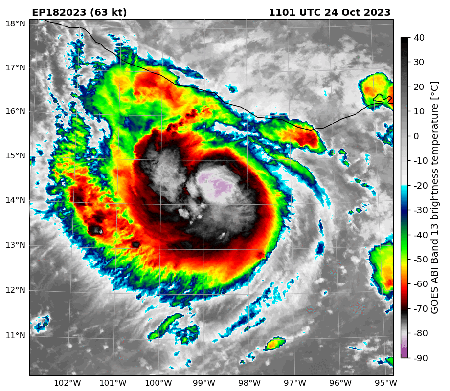
Hurricane Forecasters Keep Crucial Satellite Data Online after Threatened Cuts
Microwave satellite data that are key to capturing changes in a hurricane’s strength will not be taken from meteorologists as originally planned
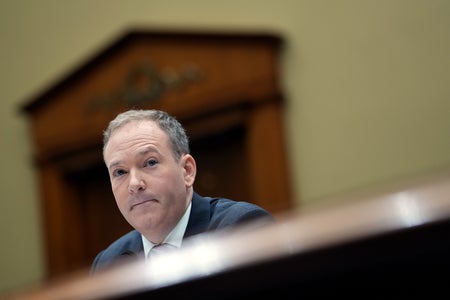
Trump’s EPA Is Taking Aim at the Legal Backbone of U.S. Climate Policy
The Trump administration is releasing its proposal to undo the “endangerment finding,” the long-standing rationale and legal imperative for regulating greenhouse gases under the Clean Air Act
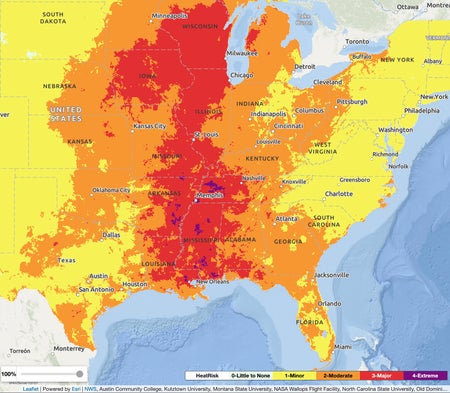
‘Corn Sweat’ Is Making This Heat Wave Even Worse
Humid heat is blanketing the eastern U.S. this week, exacerbated by “corn sweat” in the Midwest
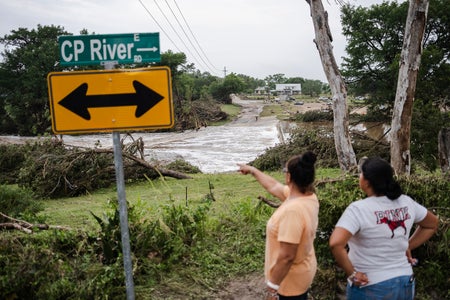
Why Did Waters Rise So Quickly in the Texas Flash Floods?
Flash floods happen when heavy rains unleash more water than the ground can absorb, causing that water to pile up and flow to low-lying areas
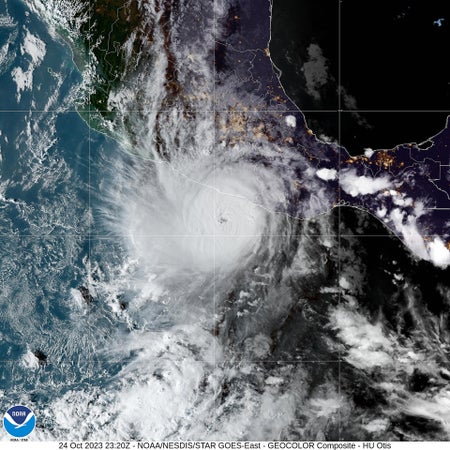
Hurricane Forecasters Lose Crucial Satellite Data, with Serious Implications
Microwave satellite data are key to capturing major changes in a hurricane’s strength, such as when a storm undergoes rapid intensification. But a main source of those data is being abruptly shut off

How to Keep Your Home Cool in Extreme Heat
When extreme heat arrives, here are science-based tips to keep your home cool, from the most efficient way to use air conditioning to strategic uses of fans

Summer Brings Hurricanes, Tornadoes and Extreme Heat—And an Underresourced National Weather Service
What happens when the U.S.’s most trusted source of extreme weather alerts can’t staff the night shift?
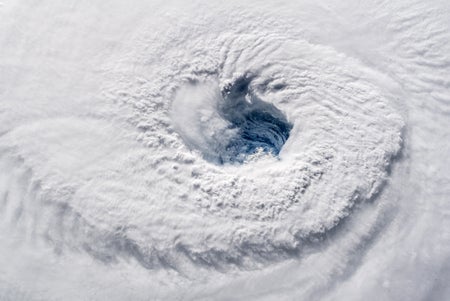
Why This Hurricane Season Has Experts on Edge
Predictions for an above-average number of storms, communities that are still recovering and cuts to the National Weather Service have meteorologists and other experts worried about this hurricane season
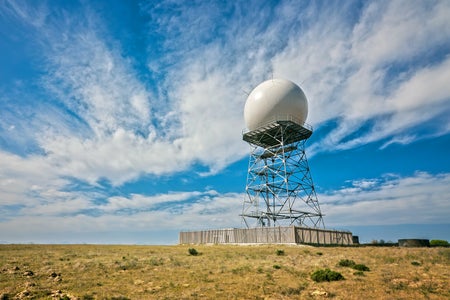
Inside the Lifesaving Power of Doppler Weather Radar
Doppler radar is one of the most revolutionary and lifesaving tools of modern meteorology, which has experts worried about outages because of recent staffing cuts and conspiracy theories
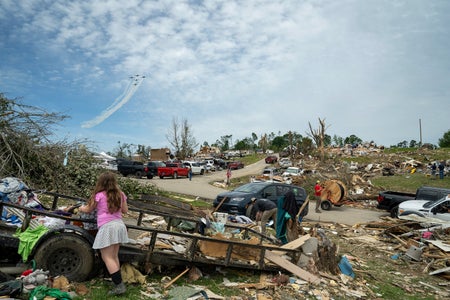
Why Tornado Season Has Been So Destructive
Several devastating tornado outbreaks have cut swaths of destruction across the U.S. What’s driving these damaging storms?
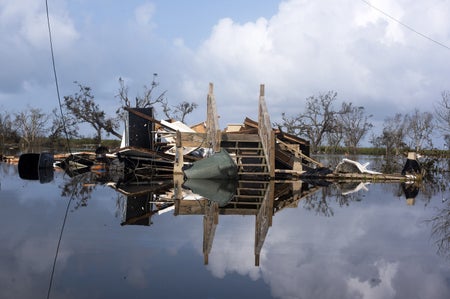
How Trump’s National Weather Service Cuts Could Cost Lives
Weather experts warn that staff cuts at the National Weather Service that have been made by the Trump administration are a danger to public safety as tornadoes, hurricanes and heat loom this spring and summer
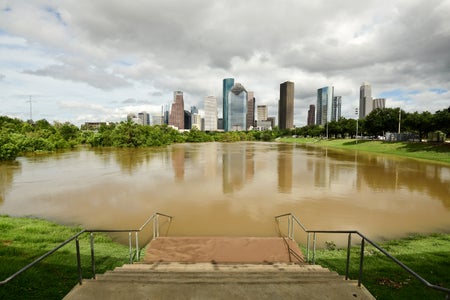
The 28 Most Populous Cities in the U.S. Are All Sinking
Cities across the U.S., including inland ones such as Denver and Dallas, are settling into the earth, posing increased flooding risks and potentially damaging urban infrastructure
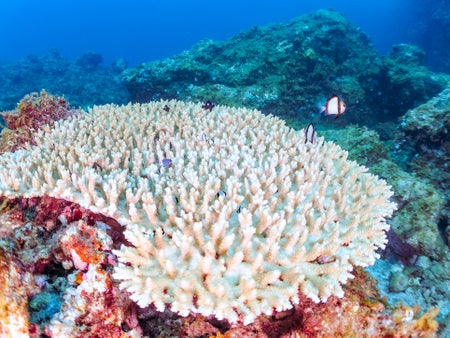
84 Percent of Corals Impacted in Mass Bleaching Event
The world is experiencing the most intense global coral bleaching event on record, with 84 percent of reefs experiencing heat stress from warming oceans

Did Scientists Actually De-Extinct the Dire Wolf?
Colossal Bioscience says it has “de-extincted” the dire wolf, but other scientists disagree and say more important conservation science is being lost in all the hype
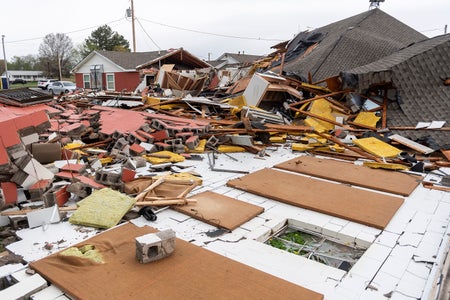
The Crucial Role of Damage Surveys in Tornado Science
Damage surveys provide crucial information about when, where and how strong U.S. tornadoes are to better understand disaster risk
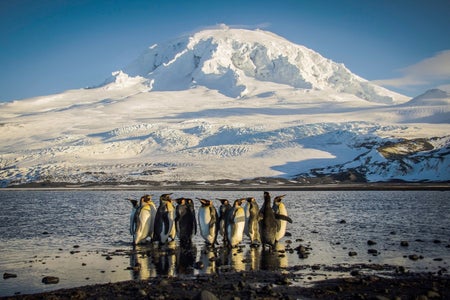
The Heard and McDonald Islands Are a Pristine Biological Wonderland
Trump’s tariffs put a spotlight on the uninhabited Heard and McDonald Islands, which comprise a remote volcanic refuge for penguins and seals and a UNESCO World Heritage site

Nearly Half of People in the U.S. Have Toxic PFAS in Their Drinking Water
New data released by the EPA show that nearly half of people in the U.S. have drinking water contaminated by toxic “forever chemicals,” or PFAS

What Does a Wildfire-Resistant House Look Like?
With wildfires happening more often and burning more area, homes need to be “hardened” to make them more fire-resistant
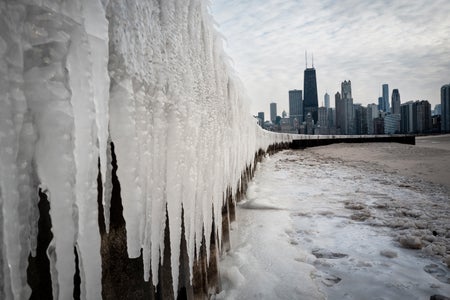
Why Temperatures Swung by 90 Degrees F in Parts of U.S.
Much of the U.S. has swung from temperatures in the –30s and –40s Fahrenheit to balmy weather in the 60s and 70s F
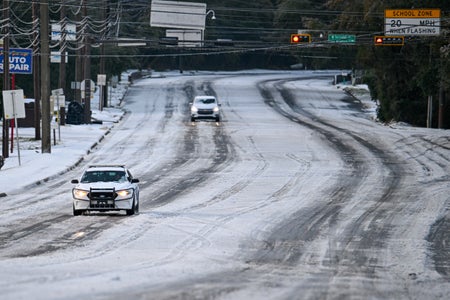
Here’s What Caused the Rare, Record Florida Snow
A perfect confluence of an Arctic air outbreak and a low-pressure system that pulled in moisture from the Gulf of Mexico brought rare, record snow to the Gulf Coast
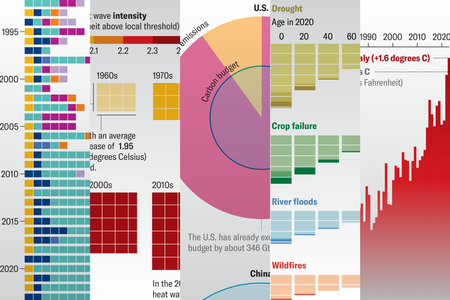
Why the Paris Climate Agreement Matters in 5 Graphics
One of President Trump’s first executive orders withdraws the U.S. from the Paris climate agreement. These graphics show why the pact is crucial to curbing the worst effects of global warming
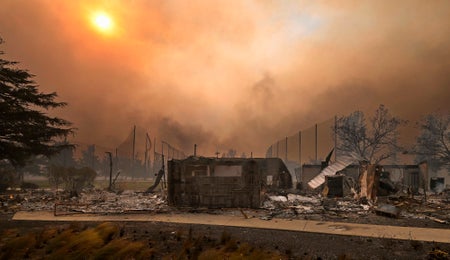
Here’s How Climate Change Fueled the Los Angeles Wildfires
Many factors, such as strong Santa Ana winds and urban planning decisions, played into the recent destructive wildfires in the Los Angeles area. But the evidence is clear that climate change contributed